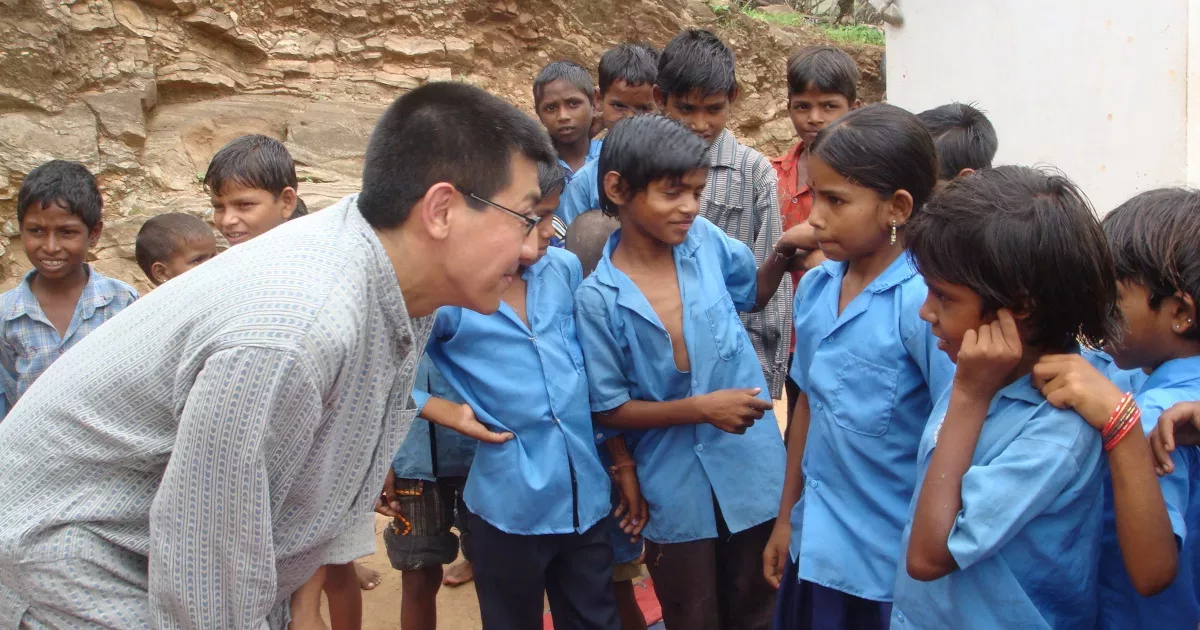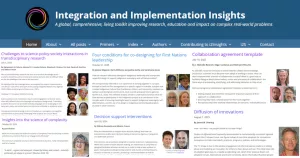Kentaro Toyama: “Scientists should engage in activities beyond their traditional endeavors”
In an era where environmental concerns and social challenges are diring, The Earth-Humanity Coalition could contribute to the integration of scientific knowledge with social activism

Could you elaborate on what inspired you to join The Earth-Humanity Coalition working group on general strategy and your views on the role of scientists in social change?
Kentaro Toyama: I joined the EHC working group because I saw it as an opportunity to collaborate with other scientists and knowledge generators to drive the substantial social change needed for environmental and climate-related issues. Our world faces increasing challenges, and while science plays a crucial role, it’s not enough to rely solely on research and logic to instigate change. The cognitive science of persuasion shows that logic is one of the weakest ways to convince people. We need to engage in activities beyond traditional scientific endeavors, such as writing letters to leaders, organizing protests, and participating in non-violent actions that attract media attention and public interest.
What you describe is similar to how movements like “Stand Up For Science” are acting. Do you think that there should be a collaboration?
K. T.: Indeed, movements like “Stand Up For Science” reflect a growing trend of scientists taking to the streets to voice their concerns. The EHC can play a pivotal role in making these efforts global. We need to connect not only with formal scientists but also with other knowledge creators and civil society groups. By uniting these diverse voices, we can foster a social movement that goes beyond reshaping research priorities, and focuses on collective action for larger societal changes.
One of the challenges you mentioned is bridging the gap between scientists and non-scientific groups. How can the EHC facilitate this integration?
K. T.: The challenge lies in outreach. Many knowledge-producing groups, like those focused on environmental or poverty issues, contribute significantly to the discourse but may not traditionally collaborate with scientists. The EHC aims to bring these groups together, advocating for a unified approach to sustainability. This effort may also involve practical steps like organizing demonstrations and coordinating activities that UNESCO and other large organizations typically cannot handle at a grassroots level.
You have highlighted the importance of a global collective action day. How do you envision this taking shape?
K. T.: I imagine a global day akin to “Stand Up For Science,” but oriented towards “Science for Sustainability.” On this day, each country could have its own specific demands, but by acting together, we can garner significant global attention. The key challenge with sustainability is that it requires individuals to make personal sacrifices, which are hard to enforce without a unified social momentum. If we can build this momentum, even politicians will listen, as they respond to the beliefs of their constituents.
What message would you like to send to both scientists and the general public about the role they can play in this movement?
K. T.: My message is that we need to shift the narrative from science for science’s sake to scientists advocating for broader societal benefits. It is about using our scientific knowledge and methodologies to support a sustainable future, requiring both scientists and the public to step out of their comfort zones and engage in actions that drive tangible change.
Interview by Luc Allemand
SUBSCRIBE TO OUR NEWSLETTER
To stay up to date with our projects and the development of the EHC
Read more articles

Gian Francesco Giudice: “Ethical responsibility is essential in fundamental research”
From hypothetical black holes to environmental impact studies, CERN navigates risk, transparency, and moral responsibility at the frontiers of human

Dealing with the complexity of society and environment
A global toolkit for tackling complex problems with more than 600 different methods Ever wish you had a free toolkit

The Moon & the Global South: Voices, Risks & Promise
Researchers warn that without inclusive governance, the Moon could become “a new arena for old patterns of exclusion” When rockets

Borko Furht: “AI shouldn’t be given much autonomy without maintaining accountability”
Beyond Superintelligence: The Real Challenges of Keeping Humans ‘In the Loop’ Borko Furht is a professor in the department of